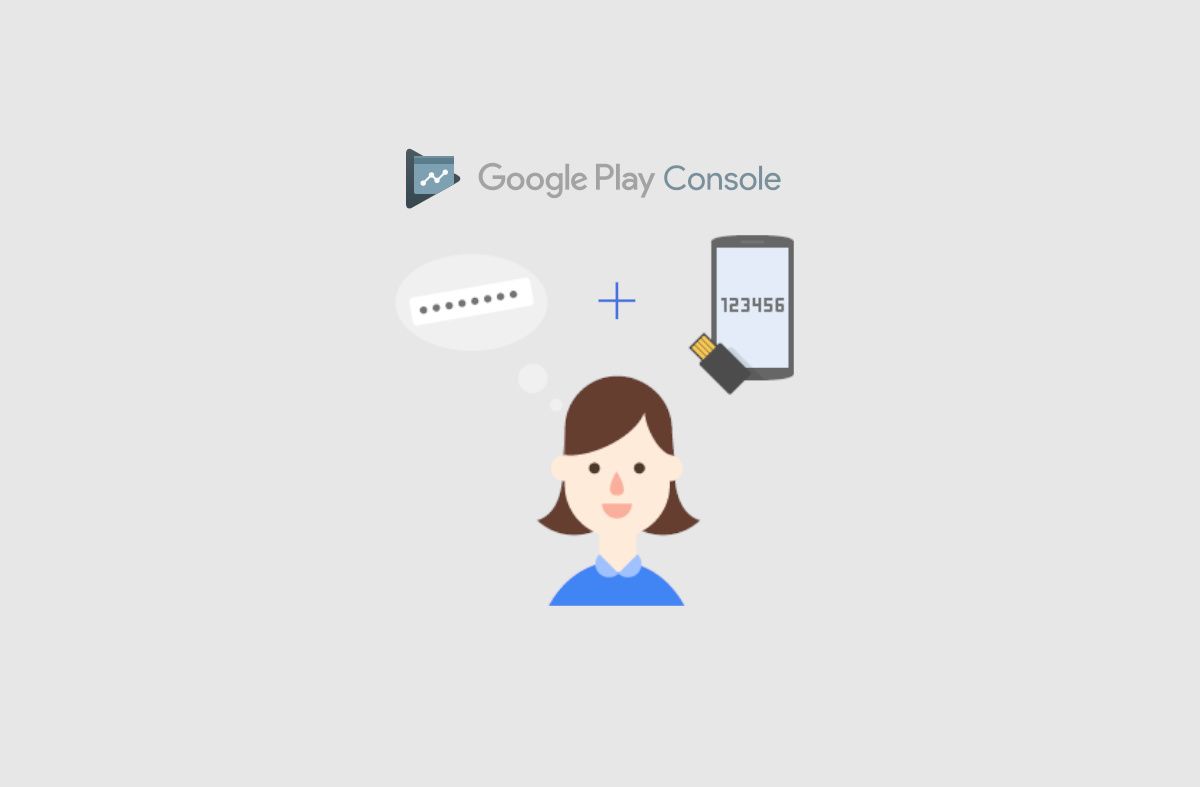Last August, Google Play announced that it planned to make two-factor authentication (2FA) mandatory for new developers. In a new blog post, Google has outlined the steps it's taking to improve security on the platform and for developers. These measures include stricter ID requirements for new developers and mandatory 2-Step Verification for all developers when logging in.
In a blog post, Google says that new developers that create a Google Play developer account need to provide the following information:
- Your email address
- Your phone number
- Your account type — whether it’s personal or belongs to an organization (New)
- A contact name (New)
- Your physical address (New)
- Verification of your email address and phone number (New)
The company says that these rules ensure that everyone creating a Google Play developer account is a real person. It also makes it possible for Google to reach out to developers about their apps, should the developer need to be contacted. Google assures developers that this information is not public-facing and is only used for verification and communication purposes.
Declaring an account type is optional for now, though it will be required when updating contact details. It will be mandatory for all new developer accounts in August. Later this year, all developers will be required to declare an account type and provide the outlined information as stated above. Developers will also be required to enable 2 step verification for sign ins at the same time.
Google also suggests using a different email for the Google Play developer console than the one tied to your main account, particularly if your account is representing a business or organization. The company also says that this should not be a generic address and to make sure that it is associated with the company that it's supposed to represent. Previously, rules for signing up were fairly lax, and it was possible for scammers to make lots of accounts that automatically paid the Google Play developer registration fee and upload spam apps.
Google has recently moved to bolster the security of a lot of its services, including with unlisted videos on YouTube and files on Google Drive that are accessible via a public access link. These changes to the Play Console — while not related — are part of a broader effort to help users secure their own content.

